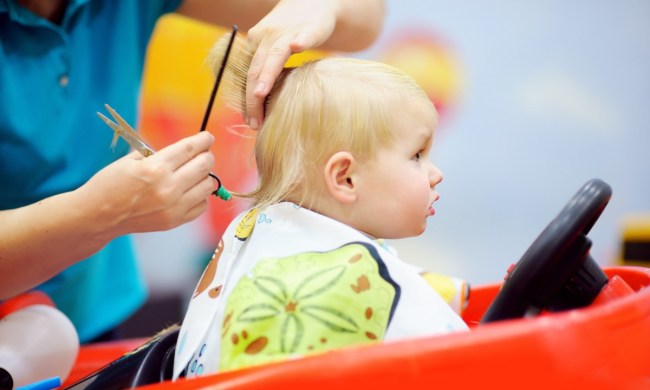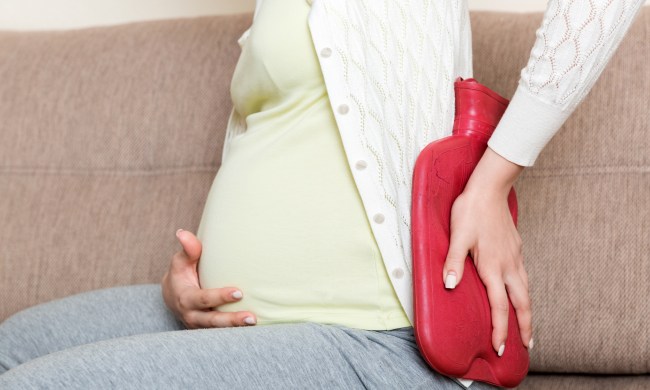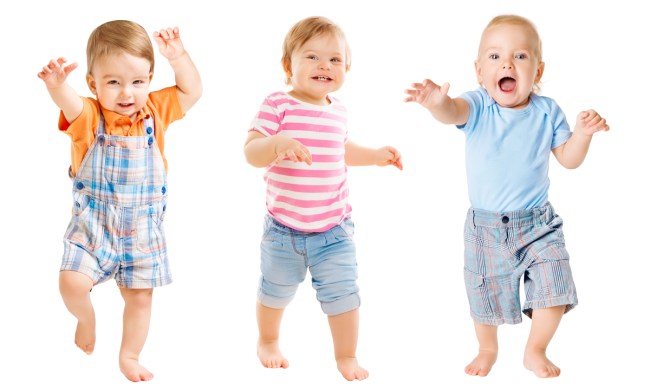This is an interesting topic. Should you give your child a weekly allowance? At what age should your child start to get one? What amount isn’t too much, but it also is worth them getting? What did you grow up getting?
You might think that allowing your child to live rent-free in your home is allowance enough. But what about when they get older and have no idea how money works? You don’t have to give them the same kind of spending money a celebrity would give their child. But giving them a fair amount that they have earned could be good for their self-esteem and basic money knowledge.
But how do you decide what they do for their allowance? Should you tie your kid’s allowance to accomplishing chores? Is the only option for kids to earn money doing chores? Should kids even get paid to do chores? Let’s see.
What age is too young
At what age you start to give your child a weekly allowance is up to you. But giving a child that is too young to know what money even is won’t do anyone much good.
There is a general rule of thumb for giving a child an allowance. They get one dollar for every year of life. So it sort of works like time-out rules. If they are 6, they get $6 for allowance or 6 minutes in time-out and no allowance.
If that seems too much, or you have multiple kids and can’t fit into the budget, cut it by half. So your 10-year-old would get $5. That can make it more manageable with larger families or families on a budget.
Usually, school-age children can understand money and its value. So if your child is 5 when they start school, you can give them an allowance then. If they are 6 when they start, then that’s when you can.

Benefits of an allowance
Even if you didn’t get an allowance as a child, or you don’t believe in it that much, some benefits come with giving your child one:
- Your child won’t be able to bug you for spending money.
- Tie it to chores, and they learn what work is.
- It can be used as a helpful reward.
- It will teach them math, finances, and basic money rules.
One of the biggest things we complain about with school is that it doesn’t teach life skills. So start them at home. Giving your child a set amount each week, so they have to decide what to spend their money on, teaches them how to save their money for a bigger purchase, and basic money math as they get older.
If they understand working for money now, they will be smarter with their money as they get older and appreciate the results of having a job. It will also get the laundry put away and the trash taken out without you having to freak out about it for the third time that day.
The downside of an allowance
Of course, there are cons to giving a child access to money to do whatever they want with.
- A child might spend their money on pointless, useless things.
- They might think that they should only do something if someone pays them.
- You may not have the budget for it.
- They may stop doing chores if they don’t care about the money.
Kids will always find ways around something or get bored with something. If your kid doesn’t care about getting any spending money this week, they may not do any chores. If they do something extra that wasn’t on their list, they might ask you for more money. It’s a slippery slope.
Plus, if your child tends to want you to buy really random, weird things that you want to toss in the trash the next day, those kinds of things will be all over the house with their own money.
You also may not have the budget for it. If you have a few kids or struggle to make ends meet, an allowance may not even be an option.

What earns them an allowance
Again, how do kids get an allowance? It seems chores is the easiest option for determining what gets them one:
- Cleaning
- Tidying up room
- Helping with siblings
- Yardwork
- Errands (if they drive)
Simple tasks. Make a chart; keep track of what they did. You can pay them weekly for any chores they did on time and without you asking over and over again. They don’t have to be the hardest chores for kids to earn money. Anything that will help you out and take something off of your plate should count.
If you don’t think kids should get paid to do chores, then find something else. Getting good grades on a test, helping a sibling, volunteering their time, and helping a neighbor are all other ways that could earn them an allowance.
You are the parent, so you ultimately decide if they get one or not. If it’s in your budget, and they get one because they have done nice things for other people or gross chores around the house no one wanted to do, then you could help them learn some good life lessons.
Find out what works best for you and your family. The important thing is that you teach your child the life skills you wish you knew growing up and much-needed help around the house.



